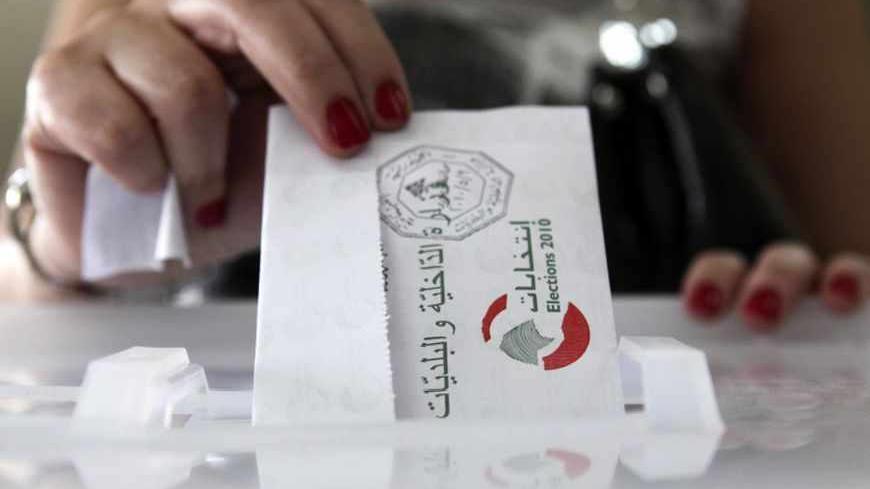There have been mounting concerns about the situation in Lebanon during the coming period. Indeed, political factions have failed to reach a consensus on producing an electoral law that would remedy the [issue of] Christian representation, and develop the [former] electoral law that included glaring errors regarding fair representation.
For instance, the provisions of the current electoral law, dubbed the “1960 law,” are in direct conflict with the Lebanese constitution, according to which Lebanese people have equal representation quotas. Pursuant to the current electoral law, certain MPs could secure a place in parliament with thousands of votes in some constituencies, while others may need tens of thousands of votes to win a seat. This is not to mention that according to the current law, a significant part of Christian MPs are elected by Muslim votes.



